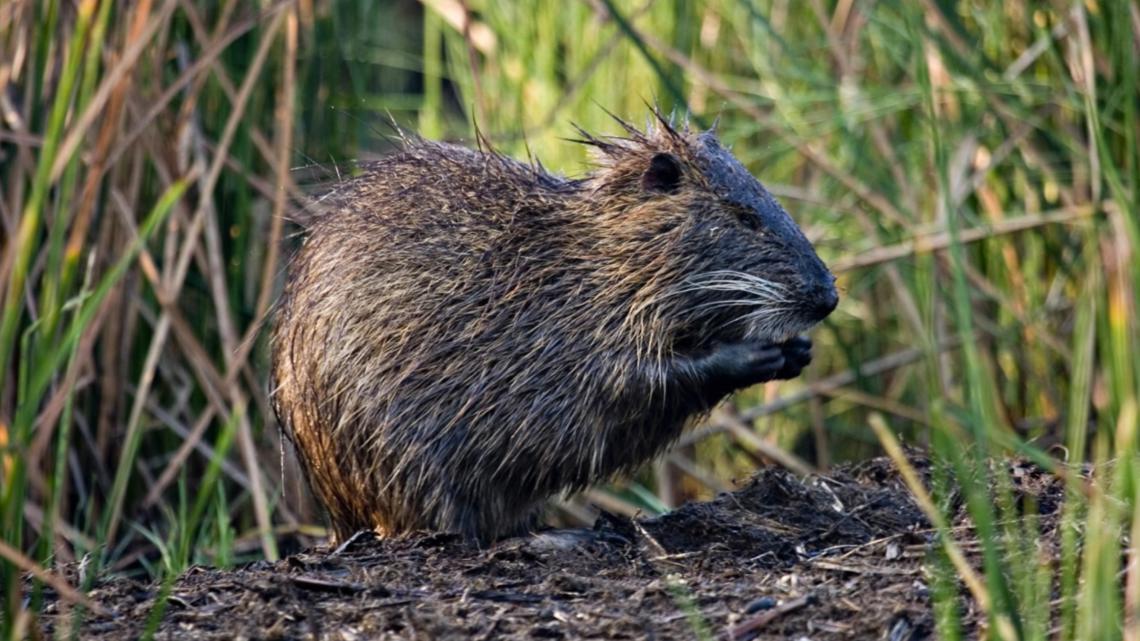
They can damage delicate ecosystems and can be found in Texas.
HOUSTON — A new campaign is encouraging Americans to consider an unusual solution to invasive species control: eating them.
Launched during National Invasive Species Awareness Week, the initiative promotes the slogan “Save a Swamp, Sauté a Nutria” to combat these destructive rodents that have plagued U.S. wetlands for decades.
RELATED: ‘It’s not supposed to be here’ | Invasive crayfish discovery raises red flags for Texas wildlife
Nutria, which were originally imported for the fur industry from 1899 through the 1940s, began escaping captivity shortly after their introduction. Since then, these semi-aquatic rodents have become a significant environmental threat, causing substantial damage to marshland ecosystems across multiple states.
The rodents look similar to beavers, but have long, round tails.
“Their nonstop munching and burrowing destroy the plants that keep marshes stable, leading to erosion, loss of habitat, and wetlands that look like something out of a disaster movie,” according to a post from the U.S. Fish and Wildlife Service.
They can be found in central and east Texas.
The initiative highlights the culinary potential of nutria meat, comparing it to rabbit or dark turkey meat, suggesting it could be a viable food source while simultaneously addressing an ecological problem. Interested individuals are advised to check local regulations regarding hunting, capturing, and consuming these animals in states where nutria populations exist.
The campaign also indicates that nutria are just one of many invasive species that could potentially become part of sustainable food practices, with “a whole list of other delicious invasive species you can feast on” available for those interested in this approach to conservation.
